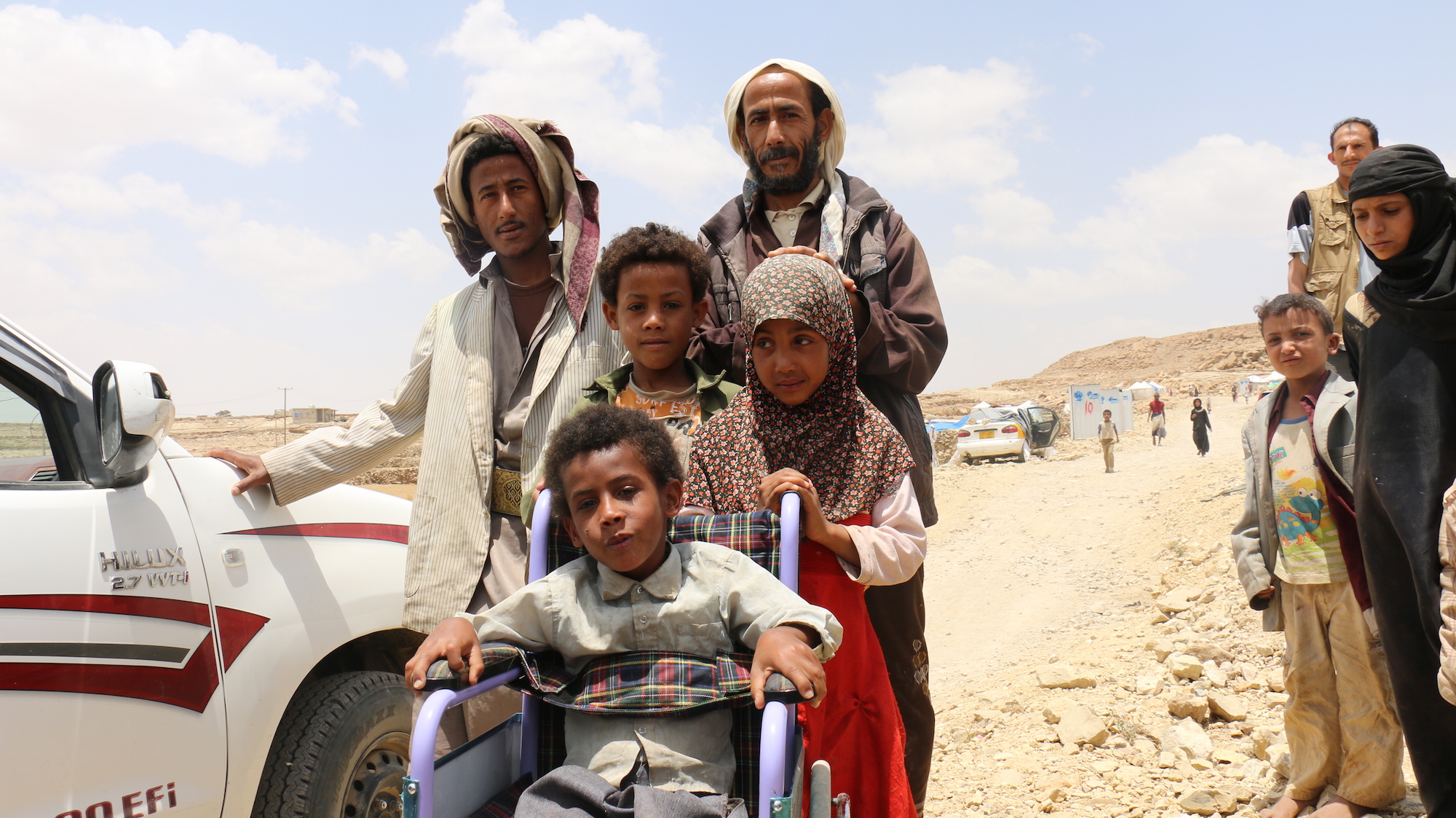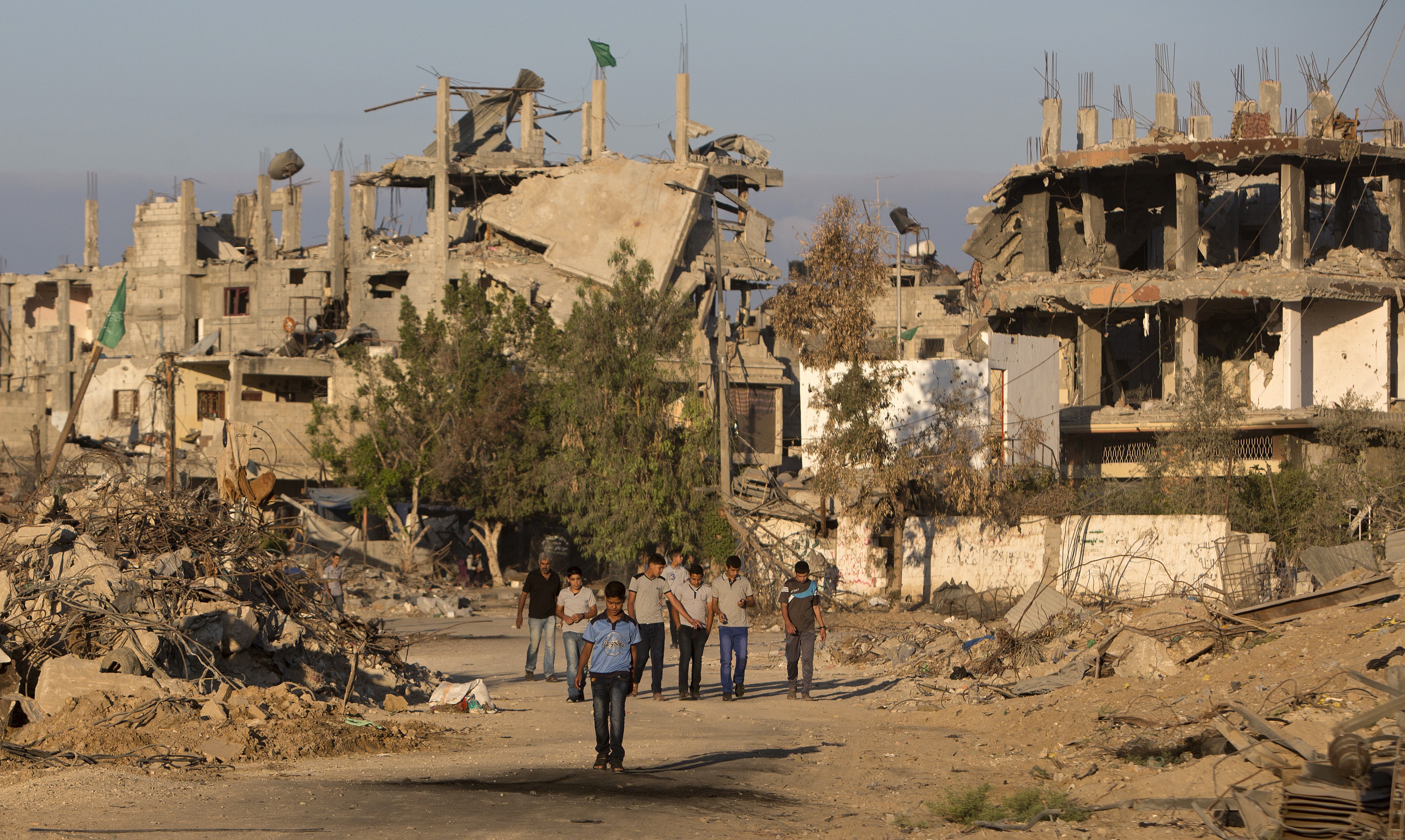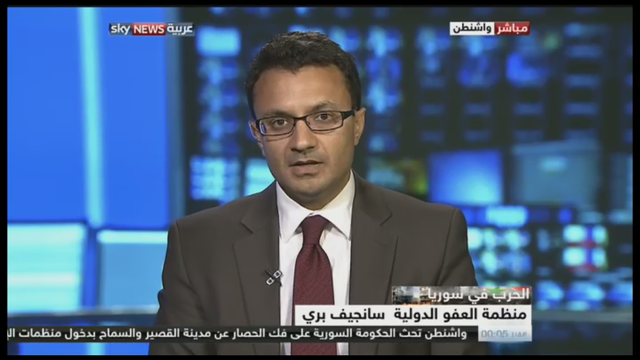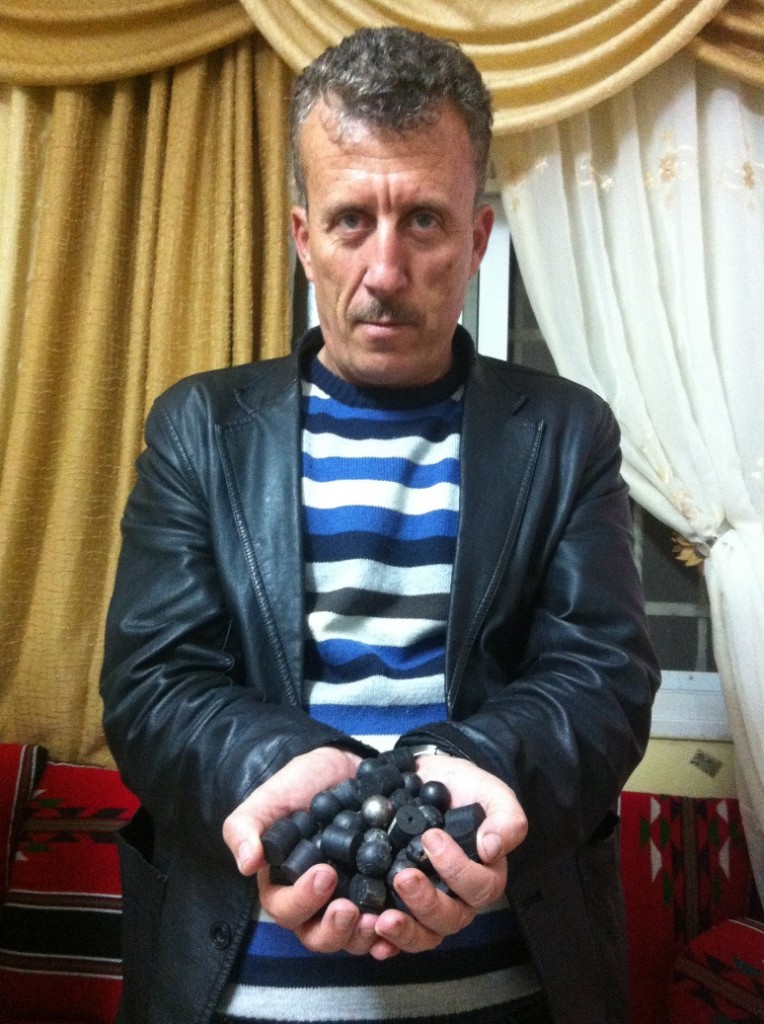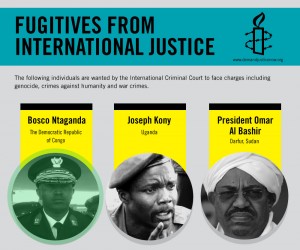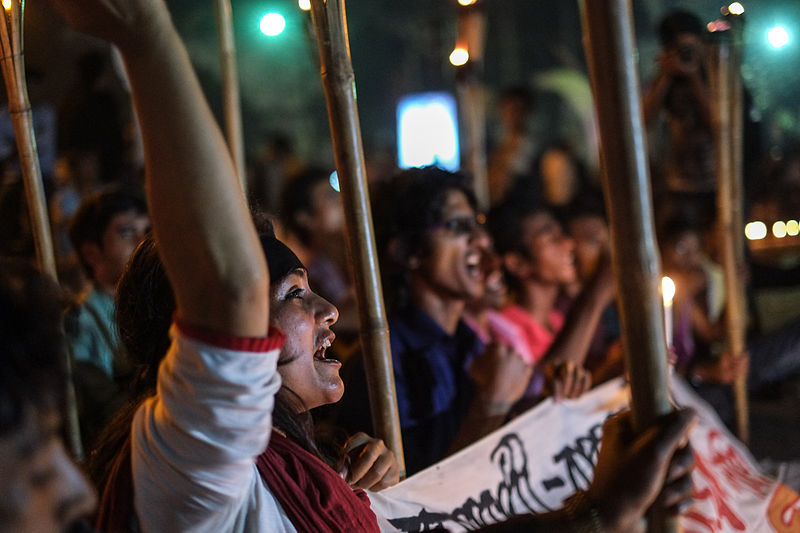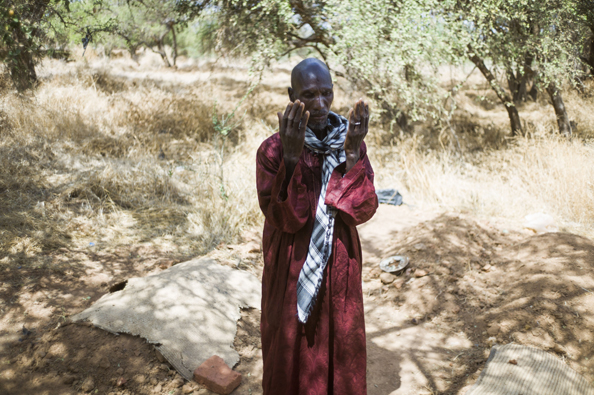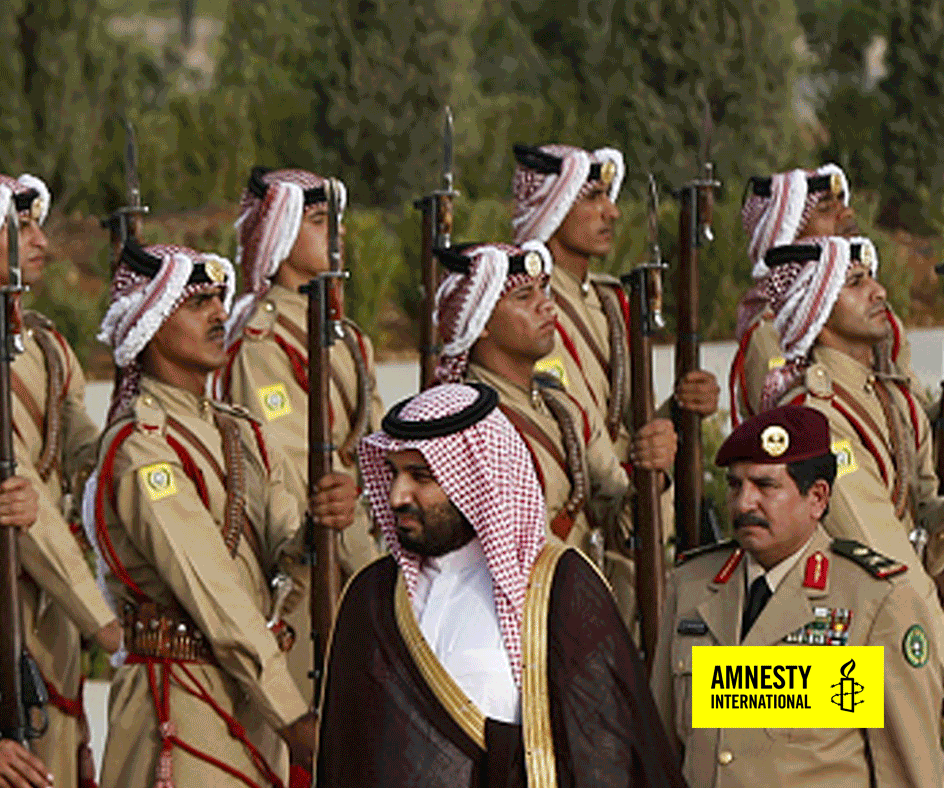
Amnesty International is calling for Saudi Arabia to be suspended from the UN Human Rights Council – here’s why.
1. Crackdown on activists
Saudi Arabia has continued a sweeping crackdown on human rights activists. All of the country’s prominent and independent human rights defenders have been imprisoned, threatened into silence or have fled the country. More and more have been sentenced to years in prison under the country’s 2014 counter-terror law. Among the many people imprisoned is Raif Badawi’s lawyer, Waleed Abu al-Khair. Scores more were jailed under the law after unfair trials in 2015 and 2016, including human rights defenders Dr Abdulkareem al-Khoder, Dr Abdulrahman al-Hamid, Issa al-Hamid and Abdulaziz al-Shubaily, all founding members of the now disbanded independent Saudi Civil and Political Rights Association (ACPRA). SEE THE REST OF THIS POST
